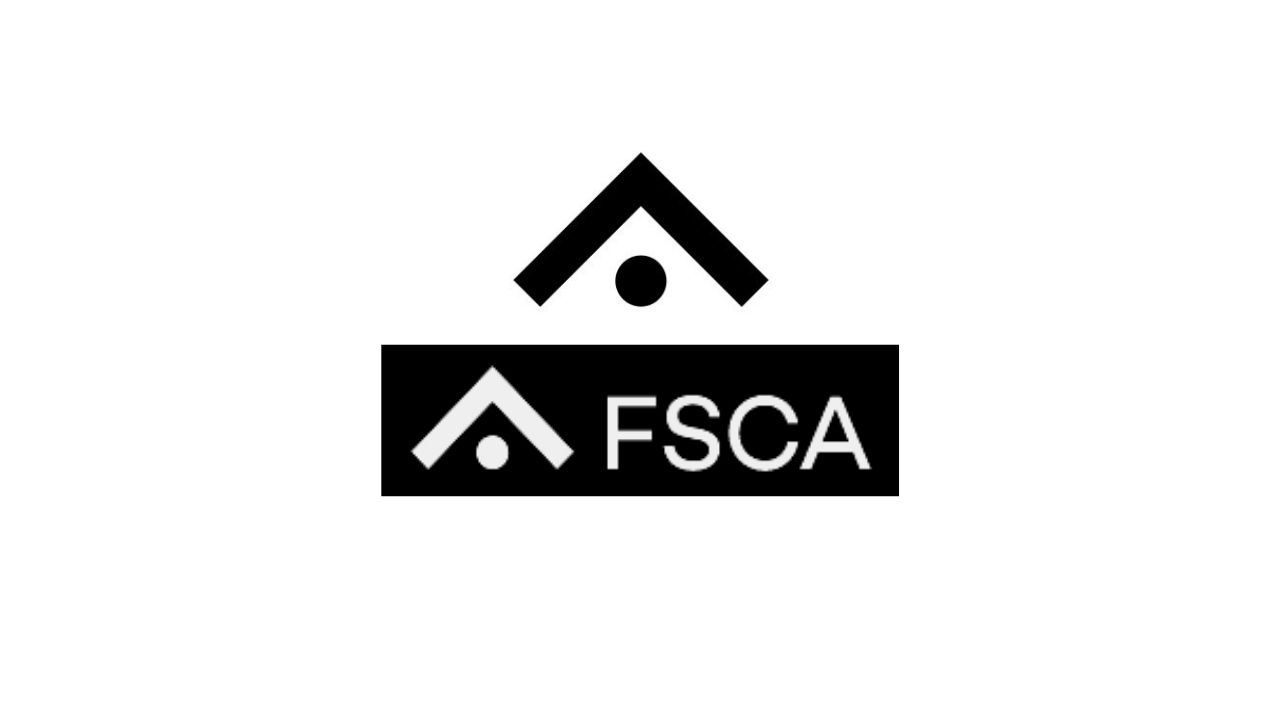
- 1. Introduction
- 2. Regulatory Framework to Safeguard Consumers
- 3. Enforcement Action Against Non-Compliant Exchanges
- 4. South Africa's Pioneering Role in Africa
- 5. Global Trend of Strengthening Crypto Regulations
- 6. Addressing Previous Crypto Scams
- 7. Collaboration with Financial Sector Regulators
- 8. Final Words
Introduction
South Africa is set to become the first African country to mandate licensing for digital asset exchanges. The Financial Sector Conduct Authority (FSCA) has begun accepting license applications, and the deadline for compliance is November 30. The objective is to shield financial consumers from the potential risks and vulnerabilities associated with cryptocurrency products. The FSCA has received a significant number of applications thus far, signaling the industry’s readiness to comply with regulatory measures. This article explores South Africa’s decision to introduce licensing requirements and its implications for the crypto industry.
Regulatory Framework to Safeguard Consumers
The FSCA’s decision to introduce a regulatory framework for crypto exchanges is driven by the potential risks and harm that customers face when using digital assets. Unathi Kamlana, the FSCA Commissioner, emphasizes the importance of protecting financial consumers and preventing potential fraudulent activities. The regulatory measures aim to ensure that crypto exchanges adhere to stringent standards and operate within the legal framework.
Enforcement Action Against Non-Compliant Exchanges
The FSCA has made it clear that it will take enforcement action against exchanges that continue to operate without a license after the November 30 deadline. Such actions may include fines or even closure of non-compliant firms. The regulator’s proactive stance highlights the seriousness with which it views the need for compliance within the crypto industry. By enforcing licensing requirements, the FSCA aims to foster a safer and more secure environment for South African consumers to engage with digital assets.
South Africa’s Pioneering Role in Africa
South Africa is setting a pioneering example in the region as the first African country to implement licensing requirements for crypto exchanges, establishing itself as a leader in the realm of regulatory advancements. The country has a well-established financial sector, and numerous prominent crypto trading venues have emerged from its shores. Exchanges such as Luno and VALR, with their strong ties to international entities like Digital Currency Group and Pantera, respectively, have contributed to South Africa’s reputation as a hub for crypto-related activities.
Global Trend of Strengthening Crypto Regulations
South Africa’s move to regulate crypto exchanges aligns with a broader global trend of tightening regulations within the cryptocurrency sector. Countries worldwide are taking steps to establish comprehensive regulatory frameworks to protect investors and maintain financial stability. European lawmakers recently approved the Markets in Cryptoassets (MiCA) legislation, while Hong Kong implemented new regulations to license exchanges. South Africa’s proactive approach reflects the growing recognition of the need for regulation in the face of potential risks associated with digital assets.
Addressing Previous Crypto Scams
South Africa has unfortunately witnessed a series of high-profile crypto scams in recent years, leading to substantial financial losses for investors. Notable incidents include the vanishing of 70,000 Bitcoin from Africrypt and the fraudulent operations of Mirror Trading International Proprietary. These cases serve as stark reminders of the urgent need for regulatory measures to protect individuals from falling victim to such fraudulent schemes. The introduction of licensing requirements aims to prevent such scams by imposing regulatory oversight and holding exchanges accountable for their operations. This move is expected to enhance investor confidence in the crypto industry and protect individuals from falling victim to fraudulent activities.
Collaboration with Financial Sector Regulators
The FSCA has been actively engaged in formulating crypto and fintech regulations by collaborating with an intergovernmental fintech working group. This working group comprises the country’s prominent financial sector regulators and policymakers, including the National Treasury and the South African Reserve Bank. Through fostering collaboration among essential stakeholders, the FSCA is actively working towards the development of a comprehensive regulatory framework. This framework aims to effectively address the distinctive challenges and opportunities presented by the dynamic and rapidly evolving crypto industry. By engaging with industry players, policymakers, and regulators, the FSCA seeks to create a robust and adaptable regulatory environment that promotes innovation while ensuring consumer protection and market integrity.
Final Words
South Africa’s decision to require licensing for crypto exchanges marks a significant step in enhancing consumer protection within the country’s digital asset ecosystem. By implementing a regulatory framework, the FSCA aims to safeguard financial consumers from potential harm associated with cryptocurrency products. The move aligns with global efforts to strengthen crypto regulations and addresses the increasing need for regulatory oversight in the face of evolving digital financial landscapes.
In addition to licensing requirements, the FSCA is taking proactive measures to protect consumers. Financial education and raising public awareness about cryptocurrency products play a crucial role in empowering individuals to make informed decisions. Recognizing the potential risks involved, Kamlana emphasizes the importance of exercising caution when engaging with digital assets. By promoting financial literacy and responsible investing practices, the FSCA aims to mitigate the likelihood of financial losses and scams.
The effectiveness of South Africa’s regulatory measures will become evident over time. The collaboration between the FSCA and industry stakeholders will allow for ongoing refinement and adjustments to the regulatory framework as necessary. The evolving nature of the crypto industry requires continuous monitoring and adaptation to ensure the efficacy of regulatory measures in addressing emerging challenges.
South Africa’s pioneering role in introducing licensing requirements for crypto exchanges sets a positive precedent for other African nations. As digital assets continue to gain prominence globally, it becomes increasingly important for countries to establish regulatory frameworks that strike a balance between fostering innovation and protecting consumers. By taking the lead in this regard, South Africa demonstrates its commitment to building a secure and transparent crypto ecosystem within its borders.
In conclusion, South Africa’s decision to require licensing for crypto exchanges reflects a proactive approach to consumer protection and industry regulation. The move aligns with global trends of tightening regulations within the cryptocurrency sector. By enforcing licensing requirements and promoting financial education, the FSCA aims to create a safer environment for individuals to engage with digital assets. South Africa’s efforts serve as an example for other countries seeking to strike a balance between innovation and regulation in the rapidly evolving world of cryptocurrencies.








